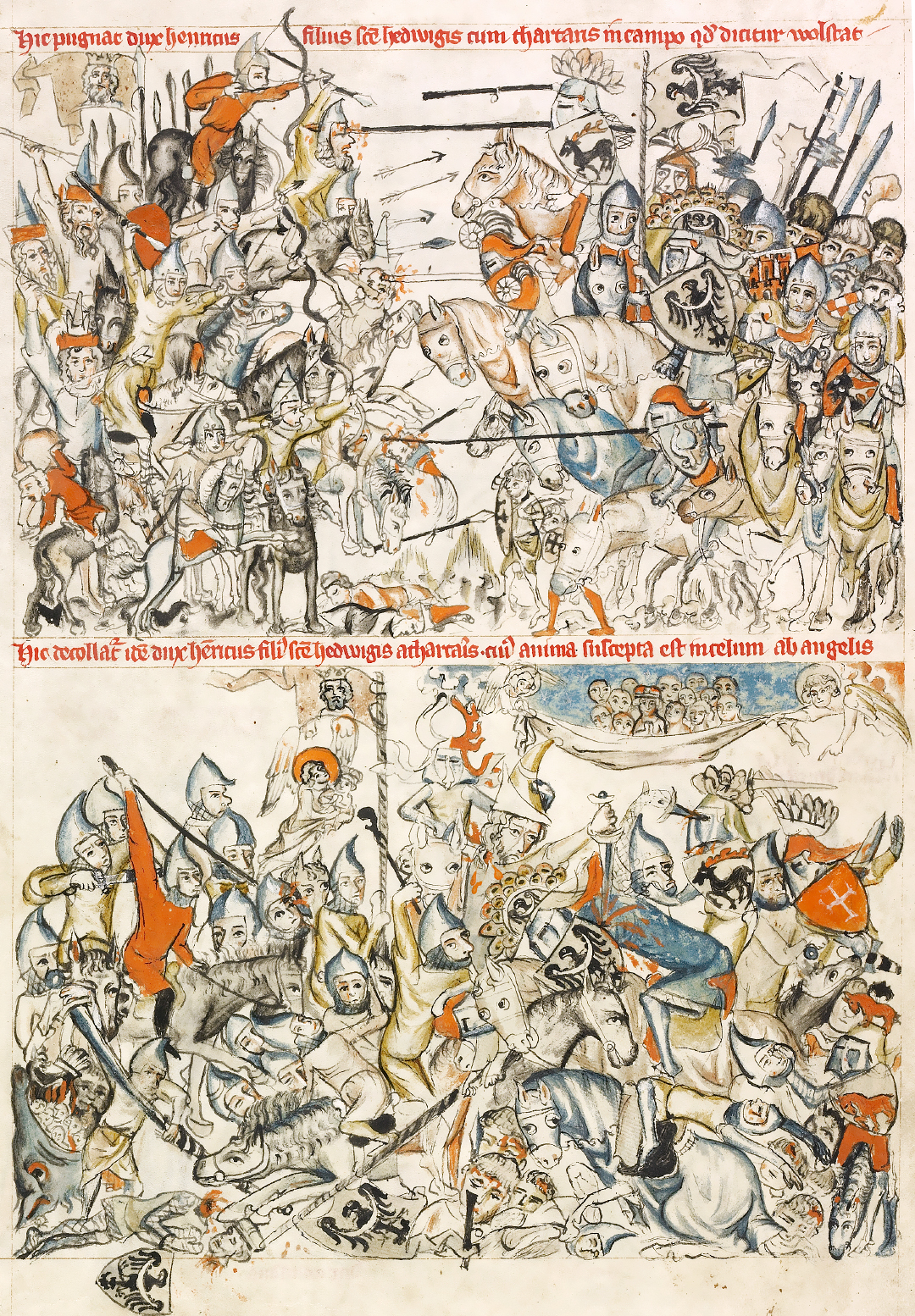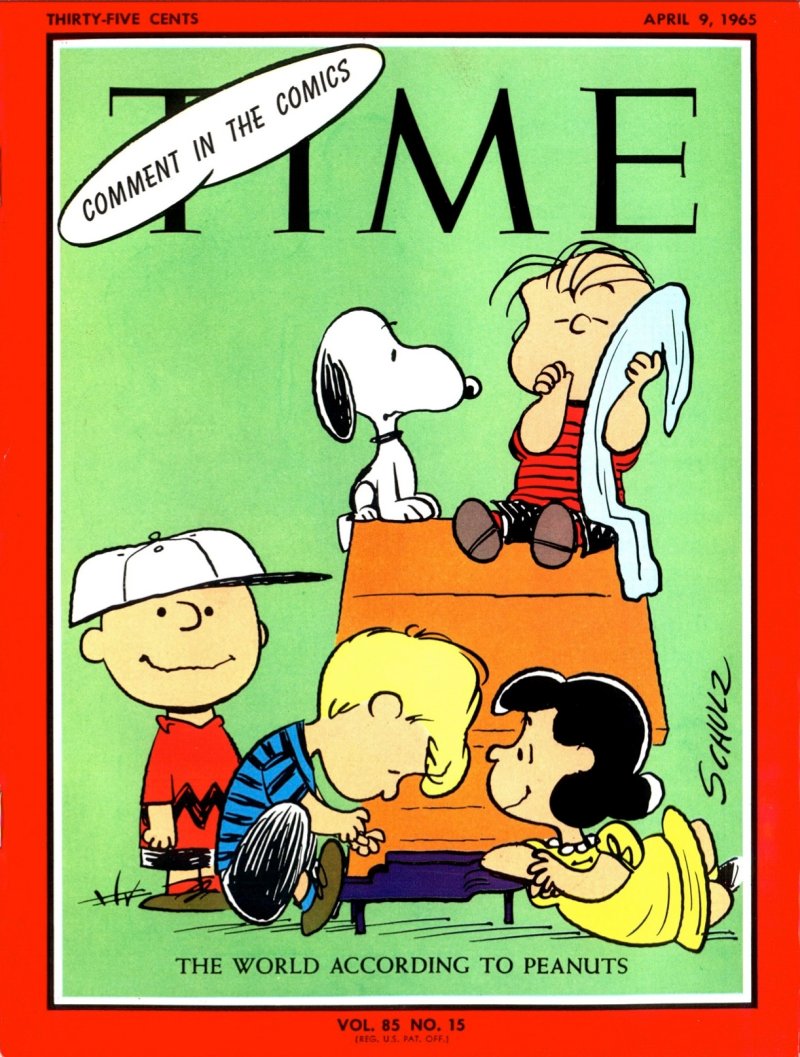Today is National Gin and Tonic Day
Once again I will remind you gentle readers that I am not a spokesperson for Bombay Sapphire (yet), I find it is a waste to use it, given it's delicate botanicals in a G and T; but hey, what do I know.
International Gin and Tonic Day, for those who need to know, is celebrated on October 19th.
Either way, celebrate responsibly
April 9, 1950 -
Bob Hope made his network TV debut on this date, hosting the Star-Spangled Review extravaganza, on NBC. Among the guest stars were
Douglas Fairbanks Jr., Dinah Shore, Beatrice Lillie and Carl Reiner.
Hope holds two entries in The Guinness Book of World Records. One is for having the distinction of being the entertainer with "the longest running contract with a single network - spanning sixty-one years". The second is for being the "most honored entertainer", with over 1500 awards.
April 9, 1964 -
Edward Dmytryk's version of Harold Robbin's The Carpetbaggers, starring George Peppard, Alan Ladd, and Carroll Baker premiered in the US on this date.
Carroll Baker, who played George Peppard's stepmother/lover also played his mother 2 years earlier in How the West Was Won. George Peppard is almost three years older than Carroll Baker.
April 9, 1974 -
It's the Easter Beagle, Charlie Brown!, the 12th prime-time animated Peanuts TV special debuted on CBS on this date.
When the Peanuts characters arrive at the mall at Easter time, the mall is decorated for the December holiday season with banners that proclaim: Only 246 shopping days until Christmas.
April 9, 1976 -
Alan J. Pakula's version of Carl Bernstein and Bob Woodward's novel, All the President's Men, starring Dustin Hoffman and Robert Redford, went into general release in the US on this date.
One scene involving Robert Redford on the phone is a continuous six-minute single take with the camera tracking in slowly. Towards the end, Redford accidentally calls the phone caller by the wrong name. But as he stays in character, it appears genuine, so the take was used in the final cut.
April 9, 1976 -
The final film directed by Alfred Hitchcock, Family Plot, starring Karen Black, Bruce Dern, Barbara Harris and William Devane premiered in the US on this date.
At one point during filming, Bruce Dern questioned Alfred Hitchcock about why he was cast. Hitchcock replied, "Because Mr. Packinow wanted a million dollars, and Hitch doesn't pay a million dollars." It took Dern a while to realize that "Mr. Packinow" was Al Pacino.
April 9, 1977 –
ABBA had their only no. #1 US hit on the Billboard Charts - Dancing Queen, on this date.
ABBA recorded this about a year before it was released. It was written and recorded around the same time as Fernando, which was chosen as the single. They knew Dancing Queen would also be a hit, so they held it until the album was released before issuing it as a single.
April 9, 2009 -
We got to meet Leslie Knope and her co-workers when Parks and Recreations premiered on NBC-TV on this date.
The original pilot received mixed responses from focus group screenings, leading to parts being rewritten and new scenes shot in order to make Leslie and Mark more likable. Originally, Mark was interested in Ann and asked Ron to green-light the park project purely so he could pursue her romantically. This was rewritten so Mark asks for Ron to help Leslie because he genuinely thought she deserved to succeed.
Another unimportant moment in history
Today in History:
April 9, 1241 -
In the Battle of Legnica, Silesia, Mongol armies defeated the Poles and Germans and the Mongols slaughtered the entire infantry. Mongols collected nine bags of ears* after the battle with Henry, Duke of Poland, on this date.
*In case you were wondering, apparently you can fit 25,000 ears into nine bags.
April 9, 1492 -
Lorenzo de' Medici died, turning his face to the wall to avoid the verbal abuse from Savonarola, who commands Lorenzo to confess his sins, indecencies and pride and to give the Florentines back their liberty, on this date.
It's very annoying to have your confessor pester you while you lay dying.
April 9, 1830 -
It's the birthday of Eadweard Muybridge, born in Kingston-on-the-Thames, England. He emigrated to California in the 1850s, where he took up photography and quickly became one of the first internationally known photographers. Between 1867 and 1872 he took more than 2000 photographs, many of them views of the Yosemite Valley.
It was Eadweard Muybridge who designed a new camera that could take a picture in one-thousandth of a second. To test his improvement, he set up twenty-four cameras along a race track with trip wires to pull the shutters. With those cameras, he managed to take a series of pictures of a horse galloping, proving for the first time that all four of a horse's hooves will sometimes be off the ground at the same time, and winning his sponsor soon-to-be Governor of California Leland Stanford, a businessman and race-horse owner, a $25,000.00 bet. Muybridge's friendship with Stanford proved quite helpful.
In 1874, still living in the San Francisco Bay Area, Muybridge discovered that his wife had a lover, a Major Harry Larkyns. On October 17, 1874, he sought out Larkyns; said, "Good evening, Major, my name is Muybridge and here is the answer to the letter you sent my wife"; and shot and killed him. One is left to wonder what the good Major wrote to warrant such a response.
Muybridge thought his wife's son had been fathered by Larkyns (although, as an adult, the young man had a remarkable resemblance to Muybridge). He was put on trial for the killing, but acquitted of the killing on the grounds that it was "justifiable homicide." The inquiry interrupted the horse photography experiment, but not Stanford's support of Muybridge; Stanford paid for his criminal defense.
April 9, 1860 -
A short song was captured on by a phonautograph, a device created by a Parisian inventor, Edouard-Leon Scott deMartinville, on this date. The device etched representations of sound waves into paper covered in soot from a burning oil lamp. Lines were scratched into the soot by a needle moved by a diaphragm that responded to sound.
The recordings were never intended to be played. Technicians in 2008 were able convert the digital scan of the paper into an audio file. The recording consists of about ten seconds of a person singing Au Claire de Lune. The audio file is now recognized as the oldest audible recording of a human voice ever made.
April 9, 1865 -
General Robert E. Lee surrendered the Army of Northern Virginia to Ulysses S. Grant, effectively ending the American Civil War, on this date. On April 5th, Grant sent a message to his old college friend Lee that said, "General: The result of the last week must convince you of the hopelessness of further resistance on the part of the Army of Northern Virginia in this struggle. P.S. If you could help an old friend out, send more bourbon. I've finished all of the Union's supply of that fine sippin' whisky of yours yesterday and I have a powerful thirst."
Lee wrote back to say, "Though not entirely of the opinion you express of the hopelessness of further resistance ... I reciprocate your desire to avoid useless effusion of blood, and therefore, before considering your proposition, ask the terms you will offer, on condition of its surrender. Also expect a barrowful of the heavenly nectar with this dispatch. Please tip the delivery boy, you cheap so and so."
And so they met at the Appomattox Court House on April 9th, Palm Sunday, just after noon. Afterward, Lee rode back to his camp, and crowds of Confederate soldiers along the road began to weep as he passed. Little did Grant know that least than a week later, he would have the sad honor of serving as a pallbearer at the funeral of his greatest champion, Abraham Lincoln.
April 9, 1928 -
... If, after hearing my songs, just one human being is inspired to say something nasty to a friend or, perhaps to strike a loved one, it will all have been worth the while.
Tom Lehrer, singer-songwriter, satirist, pianist, and mathematician,was born on this date. (Lehrer entered Harvard at age 15, having skipped several grades. Everyone applying for admission to Harvard was required to include an example of their written work. Lehrer submitted a long verse, in the style of W.S. Gilbert and Arthur Sullivan. The poem ended with the lines:
I will leave movie thrillers
And watch caterpillars
Get born and pupated and larva'ed,
And I'll work like a slave
And always behave
And maybe I'll get into Harvard...
The poem in its entirety appeared in Scholastic Magazine in 1943. (It was Lehrer's first published work.)
Let's all throw open the windows of our homes and shout "Happy 93rd birthday" while flinging out tainted bird seed in his honor.
April 9, 1939 -
In 1939, the Daughters of the American Revolution (DAR) refused permission for Marian Anderson, an African-American contralto singer, to perform in front of an integrated audience in Constitution Hall.
With the aid of President Franklin D. Roosevelt and First Lady Eleanor Roosevelt, Anderson performed a critically acclaimed open-air concert on this date, on the steps of the Lincoln Memorial in Washington, D.C. to a crowd of more than 75,000 people and a radio audience in the millions.
April 9, 1959 -
The National Aeronautics and Space Administration (NASA) introduces America's first astronauts for Project Mercury to the press: Scott Carpenter, L. Gordon Cooper Jr., John H. Glenn Jr., Virgil 'Gus' Grissom, Walter Schirra Jr., Alan Shepard Jr. and Donald Slayton, on this date.
The seven men, all military test pilots, were carefully selected from a group of 32 candidates to take part in Project Mercury, America's first manned space program .
April 9, 1963 -
The first foreigner to receive honorary United States citizenship on this date, was Winston Churchill (whose mother had been American).
Only Sir Winston, Raoul Wallenberg, William Penn and Hannah Callowhill Penn, Mother Teresa, Casimir Pulaski, and the Marquis de LaFayette share this distinction. But it was the first time that Congress had actually resolved that honorary citizenship be bestowed, by the President of the United States, on a foreign national.
April 9, 1965 -
TIME magazine featured a cover with the entire Peanuts gang on this date.
After the Peanuts made the cover of TIME magazine, an advertising agent for the Coca-Cola company who had seen the Charles Schulz documentary produced by Lee Mendelson. The agent asked if Mendelson had thought about creating a Peanuts Christmas special. Mendelson fibbed that he had; the following day, he and Schulz came up with the story. A Charlie Brown Christmas is the longest-running cartoon special in history, airing every year since its debut in 1965.
Before you go - Home is the sailor, home from sea ...
As to all, death came to everyone's favorite itinerant Greek sailor Philip Mountbatten. Have a kind thought in your mind for his wife of 74 years, 'Cabbage', and their family
And so it goes.



No comments:
Post a Comment